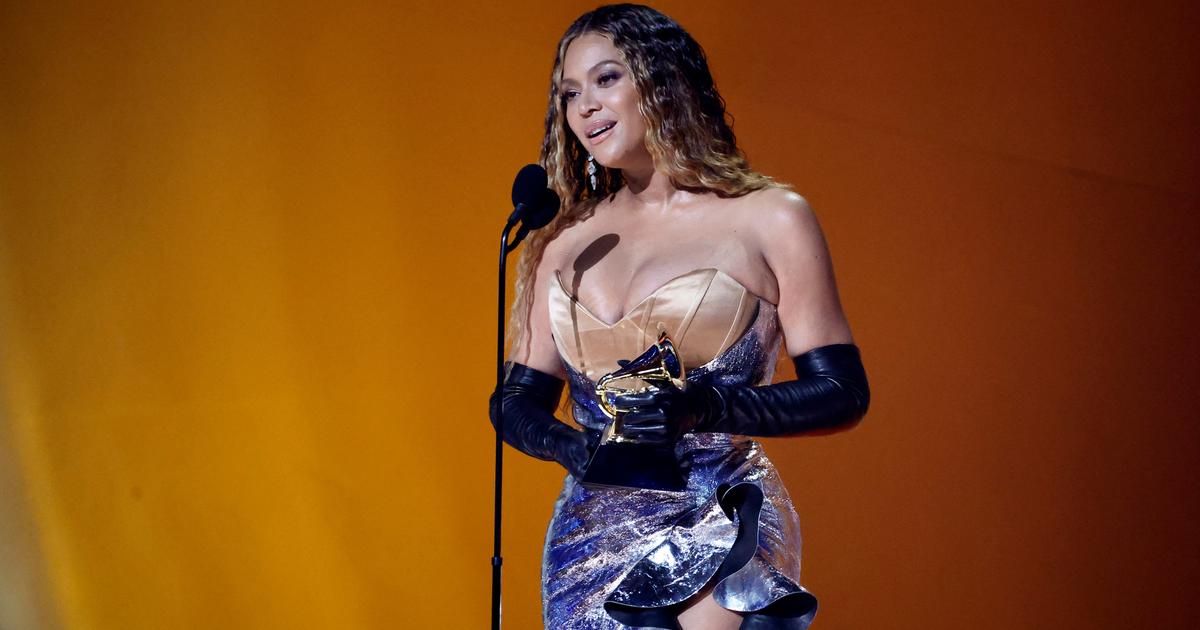There is a linguistic universal according to which all languages lexicalize at least two terms for color, translatable (with nuances) as "white" and "black", that is, light and dark. This minimal structure of two poles supposes the enormously reductionist representation of a reality, the chromatic one, in which human beings are able to perceive millions of nuances. Obviously, the fact that there are only two color terms does not prevent these languages from transmitting differences when their speakers need it, but to do so they do not have specific words and resort to other linguistic techniques. In any case, languages with only two color terms, such as Liberian bassa, exemplify well how an enormously rich and complex reality can be simplified to the maximum in its verbal representation.
The current public discourse, which provides the stage for our electoral processes, illustrates another type of reductionism that is no longer lexical but discursive. The multiple social, technological and cultural factors that encourage this populist schematizing process are well known. Digitalization, individualism, the great business concentration of the media system, growing disinformation or the general speed of our lives are some of the phenomena that facilitate this tendency to the simplified and, in short, to polarization; A process, by the way, in which we must not forget the role of neoliberal educational models, enormously important to disintegrate civic consciousness and critical citizenship. With this context, in recent decades we have become accustomed to accepting that the public sphere is polarized.
From the ideological fields handled by political science or philosophy, normally located between progressivism and conservatism, social democracy and liberalism (we ignore here the avatars of the "liberal" lexeme), one might think that these are the same poles that articulate the political discursive axis, so that each one has its own discursive manifestation. But when looking at both models ("left" and "right", to use another lexical simplification) it would seem that their rhetoric is different, perhaps because they do not maintain a symmetrical relationship. This was indicated by Albert Hirschman at the beginning of Rhetorics of Intransigence (1991), where he pointed out an intrinsic disadvantage in conservative thought due to the generalized vision of progress as something positive. To put it very briefly, the modern era assumes that history is inevitably progressive and therefore considers conservative objections to the action of self-declared progressives to be by nature not simply reactive, but reactionary. This asymmetry occurs between evolution and involution, but also between affirmation and negation: since only a previous affirmation can be denied, negation is always reactive. Thankless role, then, that of the conservatives.
Faced with this disadvantage, Hirschman continued, the three great reactionary waves of the nineteenth and twentieth centuries (against the French Revolution, against universal suffrage, against the welfare state) would have developed three rhetorical strategies to transfer their opposition to progressive proposals: the arguments of perversity (the law or the measures with which it is intended to solve a certain problem will only aggravate it), of futility (they will be inoperative and will not achieve the objectives), and of risk (they suppose a price too high). These textual schemes make it possible to mask opposition to measures or policies, while apparently, in a display of Ciceronian concession ("yes, but..."), the opposite is defended; It is not in vain that conservative discourses appropriated progressive terminology in the nineties: how to make explicit that equality, justice, the rule of law or freedom are not defended?
Hirschman, it must be said, is careful to point out that progressive discourse also has its way of resorting to these strategies, although with other rhetorical nuances. In any case, it would seem that by 2023 his analysis of great argumentative topics in conservative discourse is no longer valid. The kind of niceties he describes have not been present in the campaign, perhaps because our society – the one that, in a formidable denialist outburst, Margaret Thatcher claimed "does not exist" – is incapable of managing them.
Much of the current political discourse has been swallowed up by personalist stories and almost anecdotal themes, while the communicative ecosystem, especially on television and networks, facilitates the prominence of simple speeches, more apt for moralistic Manichaeism than for democratic debate. These speeches emphasize an axiological polarity, of good and bad, that allows them to be characterized as "negative rhetorics". Repeal, annul, suspend, revoke, abolish are his preferred election promises. Of course, these are actions inherent to the role of opposition, but they are not accompanied by alternative proposals, positive discourse. It was seen in the motion of censure, presenting a possible candidate without a program; We have seen this in the recent campaign based on accusations. Intransigence, summarized in the Spanish saying "de entrada, no", is his most characteristic enunciative position.
The negative rhetoric of populisms – conservative or not – does not entertain giving argumentative packaging to their theses, but points directly to the alleged consequences (catastrophic, needless to say) of the policies of others: they will occupy your apartment, they will establish a dictatorship, they will release terrorists, there will be no rental flats, Europe will withdraw its funds ... They will take away the sweets. The promised political action does not refer to society or its values, to the common good, but to the political opponent; they talk (vehemently) about what they will undo rather than what they will do; personalism condenses ideology ("sanchismo"); The message focuses philias and phobias, trivializes pain; in its extreme form, it shows a disinhibition that is no longer scourged by claiming injustice or the end of the rule of law. It is, in short, a discourse that moves between yes and no, being almost irrelevant what is affirmed or denied. The rest is discursive litter that fills turns of speech and that both media and citizens amplify better – especially in networks and messaging – the more eccentric and passionate they are. This discourse, moreover, does not act in a vacuum nor is it exclusive to the political class; It connects and mobilizes a specific type of target citizen who has the same concept of the polis and the res publica. The question is how those who intend to question and mobilize other citizens, many of them clearly refractory to simplification, should speak, knowing that their discourse will hardly have an echo in that discursive sphere in black and white.
I said at the beginning thatthere is a linguistic universal according to which all languages have at least two terms for color, translatable as "white" and "black". But it is important to know that the distance between the two not only includes all the shades of gray, but also the entire chromatic scale. In fact, a second universal states that, if languages have a third color term, it is "red", that is, the color(e)ado. And something similar happens with the reality of political discourse: its themes, its arguments, its concepts and its tones demand a broad and elaborate discourse that cannot be reduced to the linear and egocentric axis built between "us, the good ones" and "them, the bad ones", between black and white. Citizens, of any ideology, deserve a discourse that covers the wide spectrum of complexity and diversity of society, and that, in the midst of all that, tells them more about their lives.
Beatriz Gallardo Paúls is Professor of Linguistics at the University of Valencia.
Subscribe to continue reading
Read without limits
Read more
I'm already a subscriber

/cloudfront-eu-central-1.images.arcpublishing.com/prisa/3Q7YURU3R5BQTPTZJL7JWSSQRY.jpg)





/cloudfront-eu-central-1.images.arcpublishing.com/prisa/OQOPOGVRBZFGBI4Y35NYO4PIQA.jpg)

